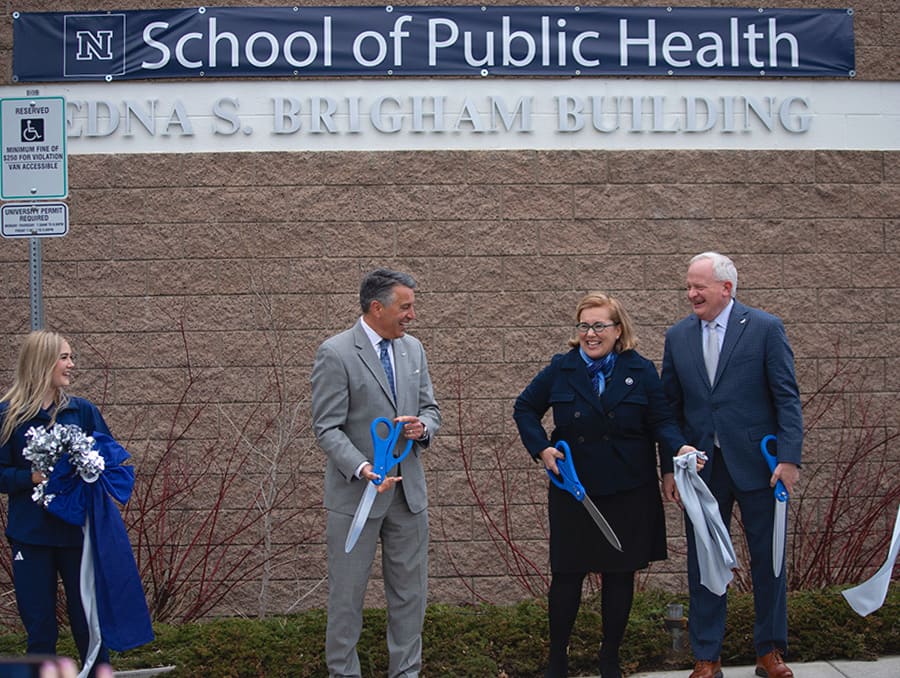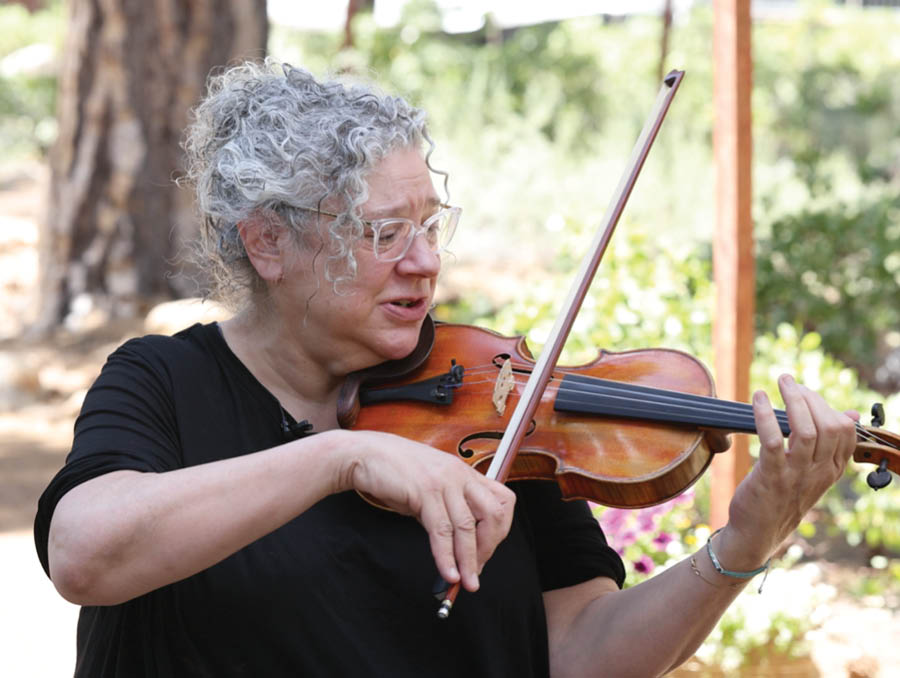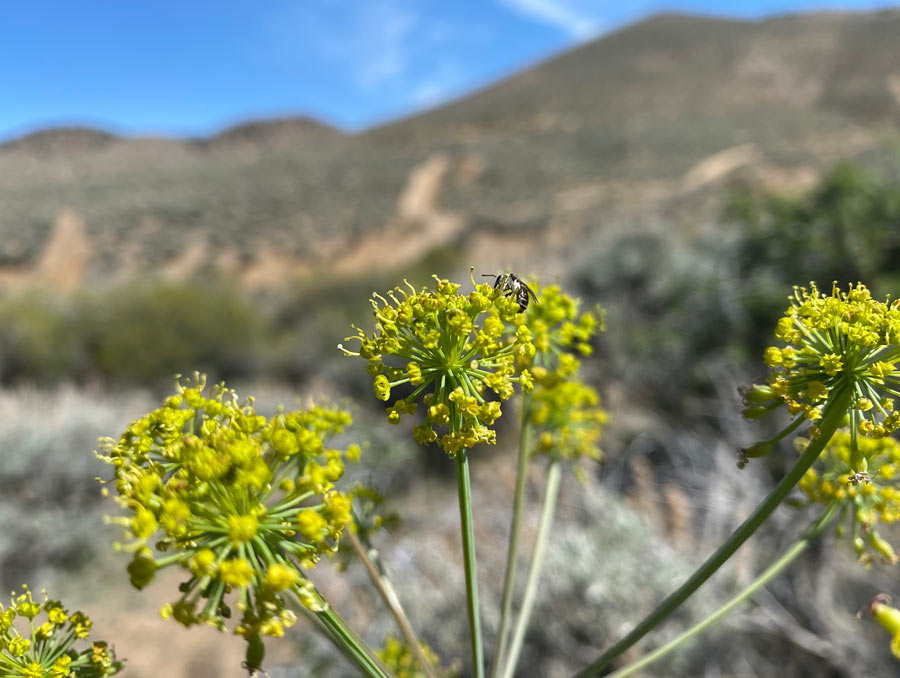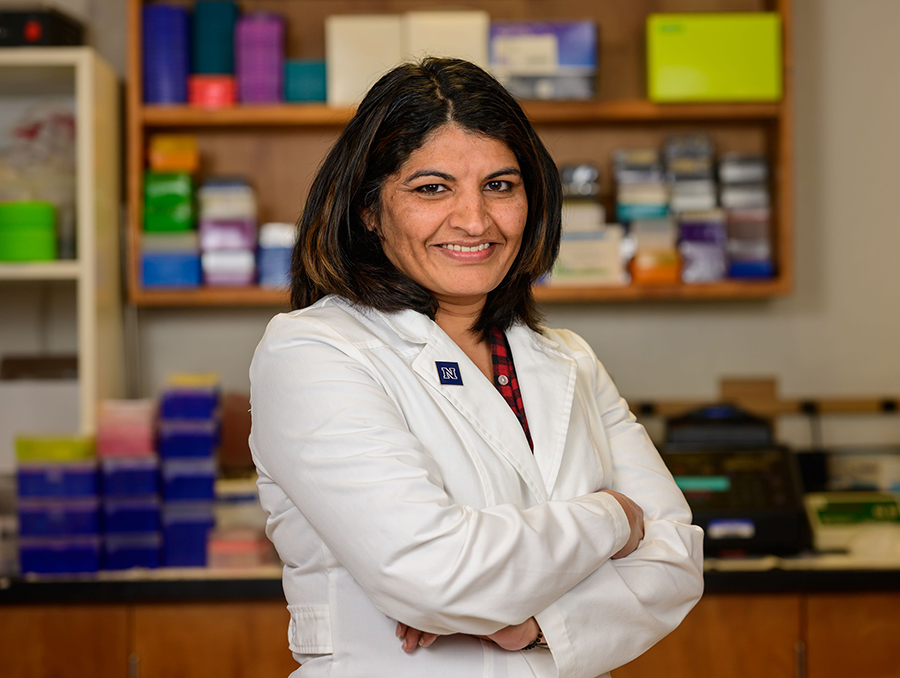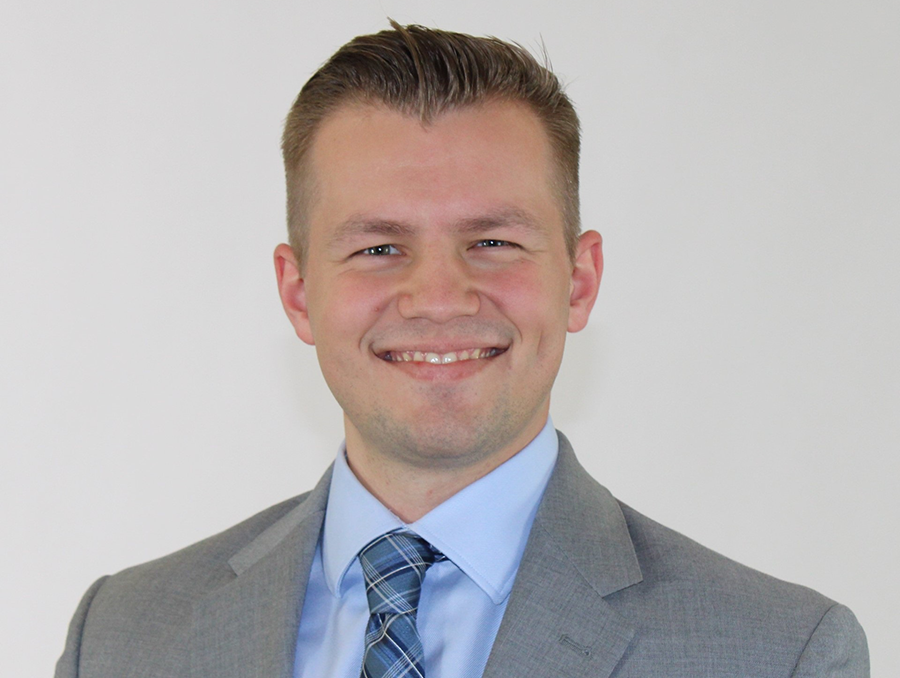"Shake, rattle and roll” no longer applies just to music. Earthquakes also implement rhythm and moves through the ground the same way music travels through the air. Andy Michael of the United States Geological Survey demonstrated that concept to science students at the University of Nevada, Reno on Monday, Sept. 27.
The concerto of earthquake music was mixed with a live performance from Andrew who played trombone and guest performers Stephanie Ross, also from the United States Geological Survey who provided vocals and Raul A. Barreto-Perez, Master's student of Music and a Graduate Teaching Assistant from the University who played the cello. The onstage performance was for the University’s Science 110 class, which is a strongly recommended, soon-to-be-required, seminar course for all freshmen in the College of Science. Events like this present an opportunity to bring the many different seminar courses together to show the scope of science.
"'Music of Earthquakes' is meant to show students the breadth of science,” said Gina Tempel, professor and associate dean of the College of Science. “We want to show that research can be creative and unconventional.”
The earthquake noises shook the walls and floors as students filled a lecture hall in the campus’ new Davidson Mathematics and Science Center. To round out the performance by the quartet, Michael also presented a PowerPoint that discussed the power of earthquakes and the waves that make them.
“The performance was interesting,” said Rebekah Aquino, a 19-year-old chemistry major. “I didn’t know what to expect, but I do like this course. It shows us what amazing things we can do with our majors.”
The performance entertained about 300 people, many of whom were freshmen science majors. The performance not only entertained, but also demonstrated the importance of science and earthquake knowledge.
As students filed out of the packed auditorium they shared feelings about the performance, and many had the same reaction. “I want to do that for a living.”
“A quartet pulls in more people than, say, a science lecture would,” said Michael. “Anyway to reach people in order to help them prepare for earthquakes is a good idea.”







